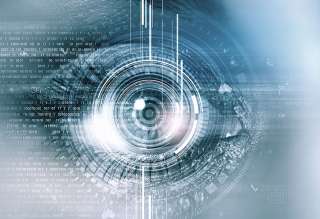A New Era in Human Computer Interaction: Facial Expression Recognition
How would you feel if electronic devices could recognize your emotion and take actions based on it? They could cheer you up with a joke when you are sad. They’d recognize sleepiness while you were driving, and help you understand if a person was in real pain or just claiming to be. They could differentiate the Duchenne smile from the forced one or detect depression using facial muscle movements. These applications aren’t promises of the future: they’re possible today with recent developments in signal processing and machine learning algorithms.




















